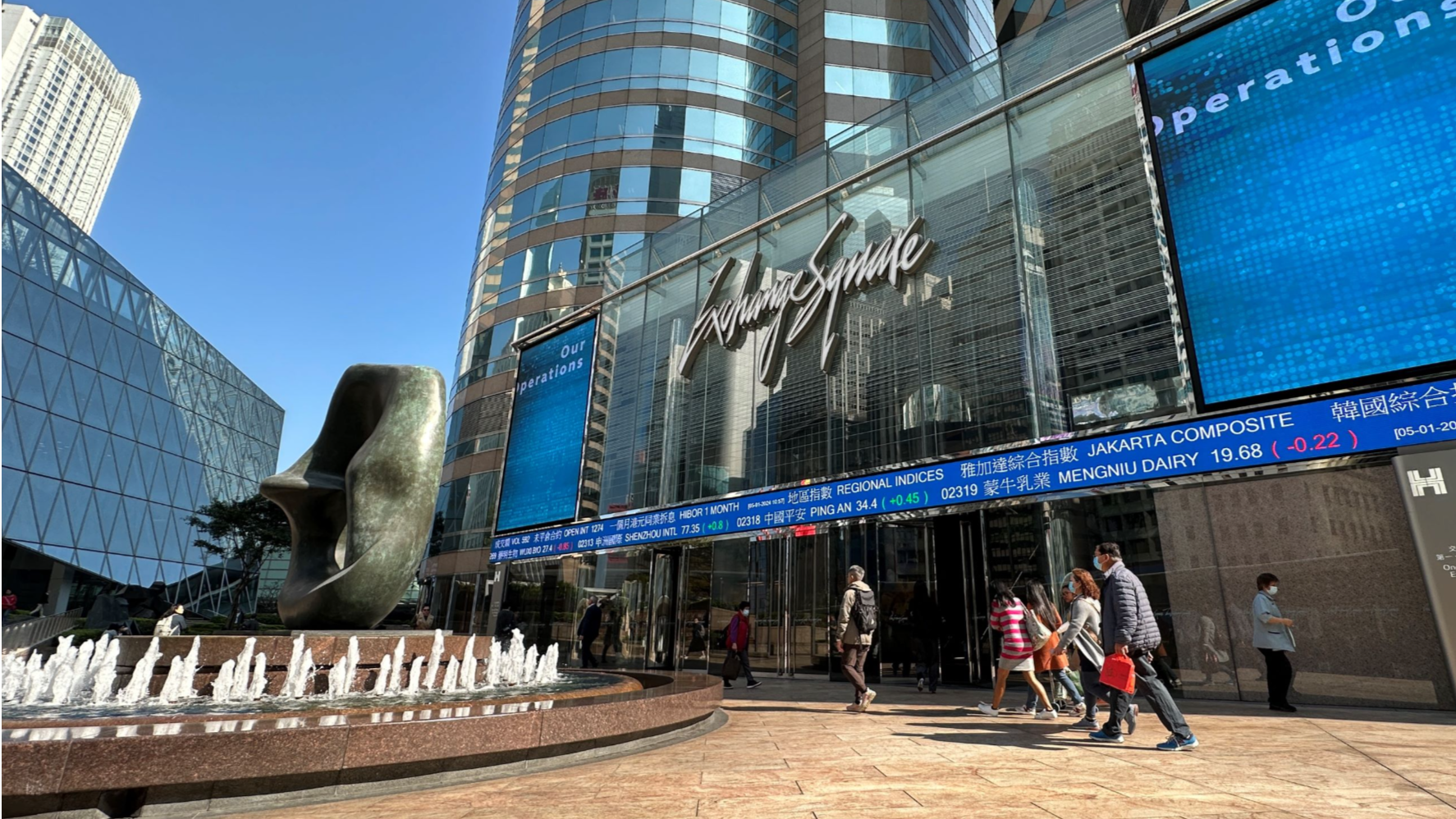
Hong Kong stock market went on a rollercoaster ride on Tuesday, with the Hang Seng Index reaching a one-month high of 21,070 points in the morning trading session.
The city’s stock market benchmark HSI opened 655 points higher, extending Monday’s rally, but it gradually faltered and closed at 20,311 points, 0.5 percent lower than on Monday. Market turnover reached HK$247.5 billion ($31.82 billion).
The Hang Seng TECH Index lost 1.4 percent to close at 4,591 points, while the Hang Seng China Enterprise Index dipped 0.7 percent to close at 7,306 points.
ALSO READ: Cushman & Wakefield: HK retail rents to rise 5% on mainland visitor boost
The HSI soared 548 points or 2.8 percent on Monday, marking its first close above the 20,000 level since Nov 11. The stock rally was ignited by the news that some of the Chinese mainland’s top leaders, on the first day of the annual Central Economic Work Conference, mentioned the need to implement a more proactive fiscal policy and a moderately loose monetary policy to expand domestic demand and stabilize the country’s property and stock market.
As mainland leaders shifted to a modestly loose monetary policy tone at the conference, Bank of America said it would monitor whether there are more major catalysts unveiled in March next year at the National People’s Congress.
READ MORE: Foreign banks upbeat about Chinese economy as supportive policies take effect
“We keep neutral positions on Chinese mainland and Hong Kong equities in view of two-way market volatilities and focus on domestic leaders amid the complex trade relationships. The outlook for the mainland market will largely hinge on the size, timeline and execution of new demand-side fiscal stimulus to reboot domestic demand,” said Patrick Ho, North Asia chief investment officer at HSBC Global Private Banking and Wealth.
But Ho added that the HSBC private bank favored some Hong Kong-listed companies from the insurance, telecom and property sectors, as these shares pay high dividends. “At the market level, the dividend yield of Hong Kong equity market stands at 3.9 percent, which looks compelling versus the average ratio of 1.8 percent.”
Ho also said Hong Kong-based lenders with a strong competitive position and earnings growth above the sector average can generate exceptional returns.
Before the opening of the annual conference, the Hong Kong equity market consolidated over the last three weeks with higher volatility due to a policy vacuum and external volatility.
READ MORE: Sinopec opens HK hydrogen refueling station
CCB International analysts Cliff Zhao and Wilson Zou recommend that investors maintain a defensive strategy by modestly controlling their positions, overweighting high-yield stocks, and buying only on dips of around the 19,000-point level.
“Investors should pay particular attention to technology growth stocks with high profit viability and benefitting from fiscal policy, as well as consumer and manufacturing leader stocks,” Zhao and Zou said.
Mainland-based cosmetics retailer Mao Geping Cosmetics made its debut on the Hong Kong Stock Exchange on Tuesday and closed at HK$52.6 per share, 76.5 percent higher than the offering price of HK$29.8 apiece.


